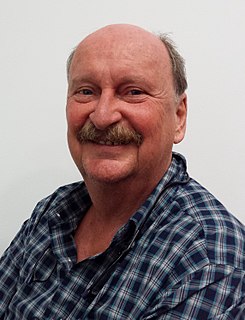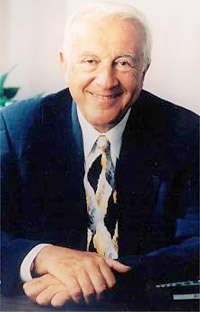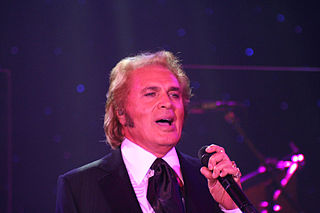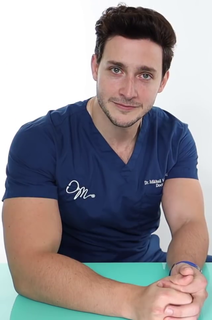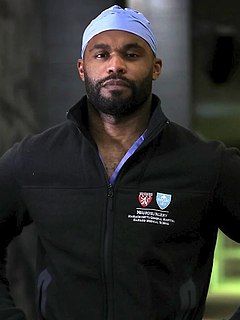A Quote by Mehmet Oz
Most allopathic doctors think practitioners of alternative medicine are all quacks. They're not. Often they're sharp people who think differently about disease.
Related Quotes
It is time for the scientific community to stop giving alternative medicine a free ride There cannot be two kinds of medicine — conventional and alternative. There is only medicine that has been adequately tested and medicine that has not, medicine that works and medicine that may or may not work. Once a treatment has been tested rigorously, it no longer matters whether it was considered alternative at the outset. If it is found to be reasonably safe and effective, it will be accepted.
There is no better example of the weakness of our dominant medicine than its clearly ineffective War On Cancer. By the same token, there is no better example of the superiority of complementary, alternative medicine than its management of this dread disease. We are equally concerned about whether mainstream medicine's demand for proof works to maintain it at its current level of ineptitude.
I think the beard helps offset - it's the only hairstyle I can really pull off. But I'm often clean-shaven. I think, you know, for me, it's not that signifier. What's interesting to me though is although the beard isn't a signifier of that to me, other people very often think that it is. And so people in America might react differently. The, you know, border agents might react differently. The guys at airport security might react differently.
I tried to change the conventional paradigm, for example, by insisting on the reality of mind-body interaction, by stressing the importance of natural therapies, by focusing attention on lifestyle issues, by looking at worthwhile aspects of alternative medicine. Many people have been threatened by that. Doctors especially tend to think that they know everything about the human body, and don't realize that medical education has really omitted many very important subjects.
We sometimes think that the best doctors are the ones who have the most specialized knowledge or the fanciest degrees, but in fact, study upon study, including one published in the 'New England Journal of Medicine,' show that the best doctors are the ones who also know how to connect with their patients.
People still think of AIDS as a shame-based disease, it's a sexually transmitted disease, and you're either gay or you're a prostitute or an intravenous drug user. And so a lot of people are still very bigoted about this disease. It's such a treatable disease. It's so - the end is in sight for this disease, medically.
I think people align themselves with my way of thinking when they're talking to me. They try to create new avenues for me to pursue, so if you want to be a doctor and you have interest in human rights and philanthropy and social equality of medicine and disease, why don't you think about being surgeon general?

